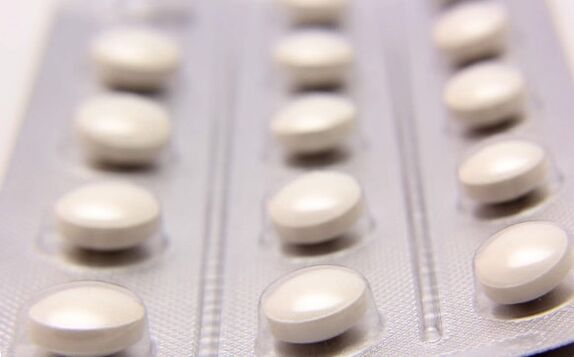
There are often situations in life where we have to take antibiotics and at the same time invite us to a party. Therefore, the question of whether it is possible to drink alcohol while taking antibiotics is particularly acute in such cases. We will provide full information on this below.
Treatment with antibacterial drugs is prescribed in a number of cases of bacterial and, less commonly, fungal infections. It is important to remember that the course of antibiotic treatment should never be interrupted. Its duration can be different, depending on the type of disease and its severity (from 3-7 days or more). The thought that it is necessary to "drop out" of the holiday life and not accept invitations to any meal, scares many. But in practice everything is not so scary.
If you approach this problem competently, from a medical point of view, then you can participate in feasts with relatives and undergo antibiotic treatment.
The golden rule: always drink in moderation.
Under certain conditions, described below, you can, of course, combine alcohol with antibiotics. But when prescribing antibiotics, you need to be careful not to overload your body with excess alcohol. In any case, ethanol enters you and all your defenses will be thrown in the fight against it. And in the case of, for example, prolonged illness, these forces may be the last. Immunity will be further weakened and recovery will be delayed indefinitely. And in some cases it is describedBelow, even death is possible.
Myths about compatibility with antibiotics and alcohol
The frightening stories that it is absolutely impossible to combine antibacterial drugs and alcohol probably began to spread immediately after World War II. At that time, the venereal disease clinics were simply crowded with soldiers and officers who endured all the hardships of military life on their shoulders.
At the time, doctors strictly forbade their patients to drink alcohol during antibiotic therapy, but not because of the harm to health from mixing the latter, but for a very trivial reason - after drinking a glass, the soldier can "drink everything" and get a new genitalinfection.
According to another version, the ban was born due to the high labor costs of receiving penicillin, strangely enough, it evaporated from the urine of treated soldiers. Therefore, in order to receive medically pure medicine, they were forbidden to drink beer during the entire period of treatment.
Since then, the theory of the dangers of mixing alcohol with antibiotics has become popular among people, and many still believe they cannot be combined. But what is the opinion of evidence-based medicine on this issue?
Research facts
It is known that in the late 20th - early 21st century, a number of studies were conducted on the effect of ethanol on various types of antibacterial drugs. The experiments were performed on both laboratory animals and human volunteers. The results clearly showed that most types of antibiotics are not affected by alcohol consumption.
All studied antibiotics are effective in both the control and experimental groups, no global deviations in physicochemical reactions (distribution of the drug in the body, mechanisms of absorption and excretion of breakdown products).
However, there is a hypothesis that alcohol does increase the negative effects of antibacterial drugs on the liver. However, in the scientific medical literature, cases of such situations are quite rare (up to 10 cases per 100, 000) and no special studies have been conducted in this area.
There are antibiotics that are incompatible with alcohol
There are some types of antibacterial drugs that interact with alcohol and cause many unpleasant symptoms - called in medical practice reactions similar to disulfiram.
This reaction takes place during the chemical interaction of ethanol and some specific antibiotic molecules, due to which there is a change in the metabolism of ethyl alcohol in the body and the accumulation of acetaldehyde is observed.
Signs of acetaldehyde poisoning:
- Vomiting, nausea.
- Strong headache.
- Cramps in the arms and legs.
- Increased heart rate.
- Heavy, intermittent breathing.
- Fever and redness of the chest, face and neck.
In such cases, taking large doses of alcohol is a fatal outcome!
All of the above symptoms are very difficult for humans, so a disulfiram-like reaction is used in many medical clinics to treat alcoholism (so-called "coding").
























